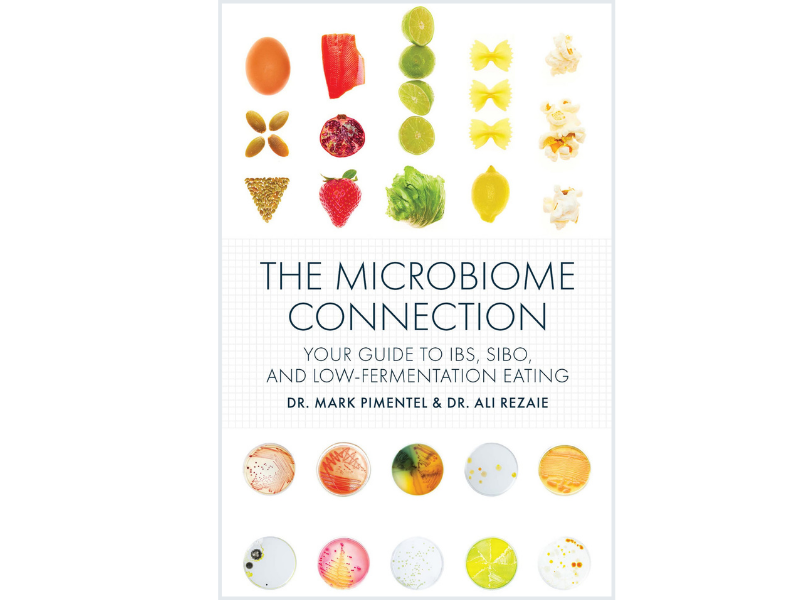
If seasonal allergies are ruining your day, consider looking into the relationship between your gut health and allergy symptoms. A growing body of scientific evidence now links improving your gut microbiome — the trillions of microbes that live in your intestinal tract — to getting fewer allergic symptoms, including allergy-related asthma.
An estimated 50 million Americans suffer from allergies each year. Seasonal allergies are the sixth leading cause of chronic illness in the U.S., with an annual cost in excess of $18 billion. Hay fever alone affects 7.8% of American adults, according to the American Academy of Allergy Asthma & Immunology. What’s more, 9% of children reported hay fever symptoms in the past 12 months.
If you have allergies, chances are your gut microbiome is different than someone who does not have allergies. In an analysis of the American Gut Project, which was launched in 2012 to classify the microbiome and its diversity, a study of nearly 1,900 adults released by the National Institutes of Health (NIH) found a lack of diversity in the gut microbiome was associated with all types of allergies, especially seasonal and nut allergies.
Adults with allergies were more likely to have a low diversity of bacteria in their gut microbiome, and reduced levels of one bacterium, Clostridiales, and increased levels of another bacterium, Bacteroidales. The NIH researchers suggested that the imbalance in bacteria might be targeted to improve the treatment or prevention of allergies.
Another study in 2018 with nearly 800,000 children found those who were exposed to antibiotics and medications, such as acid blockers, even in the first six months of life had a significantly increased risk of developing allergies and asthma. These medications are known to reduce the diversity of bacteria in the gut microbiome.
Gastroenterologists at the University of California, San Francisco (UCSF) have described the emerging relationship of the gut microbiome in allergy and asthma patients. Multiple studies using distinct microbiome tests report the presence of a diverse microbiome community in the airways of asthma patients. The UCSF researchers believe this evidence suggests that “the airway and/or gut microbiome may represent fertile targets for prevention or management of allergic asthma.”
This may be due to what’s called the gut-lung axis, or the bi-directional cross-talk between the gut and the lungs. A lack of diversity in the gut microbiome has been implicated in several lung diseases, including allergy, asthma and cystic fibrosis. Intestinal disturbances are common in lung diseases, and some probiotics show beneficial effects on lung health.
A deeper understanding of the gut microbiome and its role in respiratory disorders is likely to help in designing appropriate probiotic cocktails to apply therapeutically to allergy and asthma patients, and possibly help relieve their symptoms.

The Microbiome Connection: Your Guide to IBS, SIBO and Low Fermentation Eating
A must-have resource for anyone who suffers from IBS or SIBO, or who wants to better understand their microbiome, this book will help you live a gut-happy and gut-healthy life.
